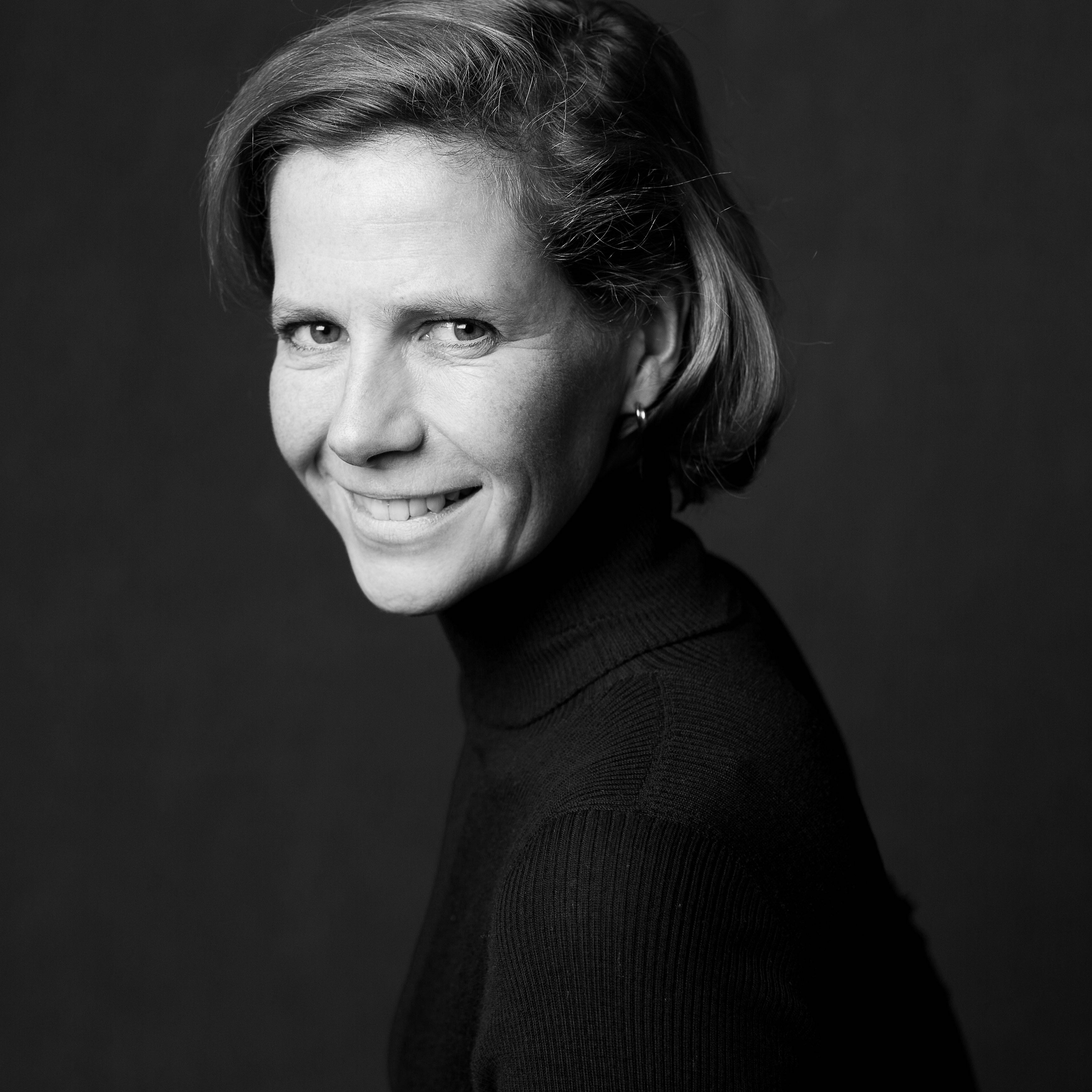Tag: Pope Francis
-
Pope Francis champions Huntington’s disease
YOSBELY Soto Soto shares a corrugated iron hut with her two sons on the shores of Venezuela’s Lake Maracaibo. The heat inside has been unbearable since her husband left her a few years ago, taking the air conditioner with him. The 32-year-old has to beg for food to feed herself and her children, something made…
-
The Pope and Huntington’s disease
FRANKLIN Soto will develop Huntington’s disease (HD), a lethal genetic disorder that causes progressive mental and physical deterioration and for which there is no cure. His two sisters already have it. His wife died of the disease last year, and his three-year-old daughter has a 75 per cent chance of developing it. Franklin’s was among…
